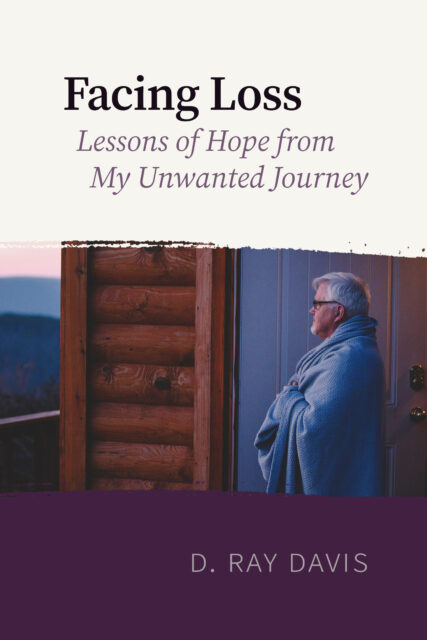“Lament is the language of the people who know the whole story—the Gospel story.” Mark Vroegop, Dark Clouds, Deep Mercy
The gospel is a message for the stuff of life. The Bible is not a pie-in-the-sky narrative. The God-story is a story for those on the highways and byways. It’s for everyday life. It’s for good times, but it shines like a beacon in the bad times. The gospel—or good news—is best understood in the context of brokenness—or bad news. Too many people think the message of the Bible is out of touch.
Nothing could be further from the truth.
Psalm 13 proves that God not only can take complaint and hard questions, but he invites them! He laments brokenness, too. In fact, he sent his Son to overcome the brokenness.
Lament is liberating.
Mark Vroegop writes that lament begins with turning. The very existence of this psalm reveals that David began by turning to God. To whom else can we turn? Look around. There are plenty of other would-be gods to turn to. But David chooses to turn to God. And he puts a pen to his complaint.
After turning to God, he complains.
“How long, O Lord? Will you forget me forever? How long will you hide your face from me? How long must I take counsel in my soul and have sorrow in my heart all the day? How long shall my enemy be exalted over me?” Psalm 13:1-2
David is on the brink of despair. He’s asking God how long will he be forgotten. Forever? The insinuation is striking. He continues and asks God how long he will hide his face. His accusation is that God is turning away from him. He’s not living up to his name, El Roi, the God who sees me.
“…if the Psalms are any indication, one of the best ways to pray is to be brutally honest, and bring whatever emotion it is you are facing to the throne of grace.” Matt Henslee, Jonah Over Coffee: A Runaway Prophet and God’s Extraordinary Grace
David turns inward and complains that he is having to take counsel in his own soul and has sorrow in his heart all day. He points to the fact that his enemy is actually being exalted over him.
David is outright complaining, but I contend he’s pressing into God’s kingdom, will, and even his justice. He’s lamenting what God laments. Brokenness.
When I lament over my loss—and I press into it deeply giving time to my complaints—I am moved to other aspects of brokenness evident in the lives of others. Injustice. Loss. People without the gospel. Mistreatment. Illness. Injury. Lostness. My eyes and attention move away from my own pain.
Biblical lament moves from turning and complaining to asking. It’s time to make your request.
“Consider and answer me, O Lord my God; light up my eyes, lest I sleep the sleep of death, lest my enemy say, ‘I have prevailed over him,’ lest my foes rejoice because I am shaken.” Psalm 13:3-4
After complaining about his situation or circumstances, David turns his complaint into a request. He asks God to consider and answer him. He implores God to look toward him. He asks for strength, light in his eyes. He’s asking for vitality or else he’ll die. It’s that bad. He assumes that death will give victory to his enemy. David assumes God doesn’t want to see his foes rejoicing over him. So, he makes his request known.
Turning to God, complaining to God, and requesting of God must be founded upon robust trusting in God.
“But I have trusted in your steadfast love; my heart shall rejoice in your salvation. I will sing to the Lord, because he has dealt bountifully with me.” Psalms 13:5-6
In the context of a fallen world, David proclaims his trust in the steadfast love of God. His heart, he proclaims, rejoices in the salvation—the ultimate victory—of God. In the context of suffering, David sings to the Lord because he deals bountifully. Yes, he’s in despair. He wonders if he’s even been forgotten. He complains that God has turned away from him. He is falling, it seems, to his enemy. And yet, he trusts that ultimately, he will receive steadfast love and bounty from the Lord.
“The Rock, his work is perfect, for all his ways are justice. A God of faithfulness and without iniquity, just and upright is he.” Deuteronomy 32:4



 Read the E-book Facing Loss: Lessons of Hope from My Unwanted Journey
Read the E-book Facing Loss: Lessons of Hope from My Unwanted Journey
Excellent . Very encouraging!
Thank you, Lynn.